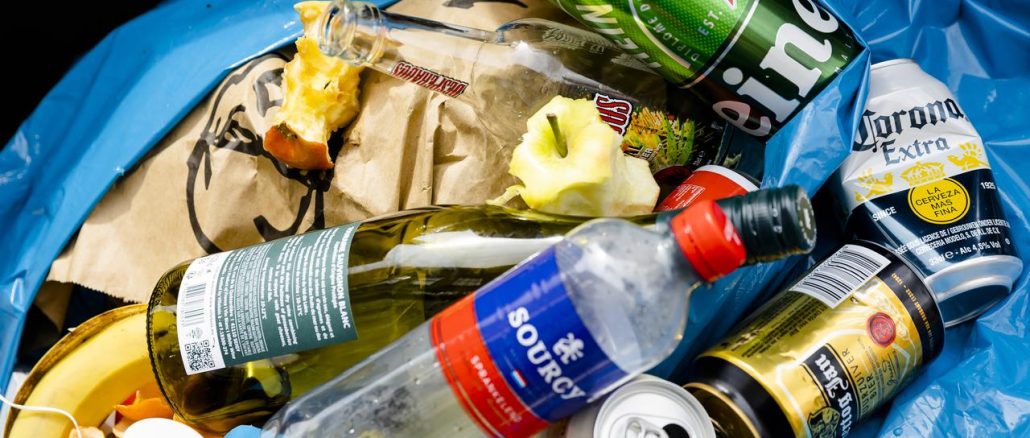
Introduction
A large number of companies in the Netherlands are finding ways to avoid rules for the reuse of plastic packaging for food and drinks, according to a report from the Human Environment and Transport Inspectorate (ILT). Despite efforts to reduce plastic litter, these practices are not considered illegal, making it difficult to take action against them.
Questionable Practices
The ILT has observed various practices among companies that allow them to circumvent the rules. Some companies are using softer plastic that does not fall under regulations for reuse. Others have started using cardboard packaging, which still contains plastic. Additionally, some companies make slight modifications to products and packaging, labeling them as reusable or washable, even though the changes are not significant. These practices, while not illegal, are undesirable for the environment.
Raising Awareness
The ILT has compiled its findings in a report, which was submitted to the House of Representatives. By highlighting these circumvention practices, the ILT aims to draw attention to the issue and encourage further discussions on how to address it. Stricter rules have been in place for over two years to minimize plastic waste, but more needs to be done to ensure compliance and reduce plastic litter in nature.
Current Regulations
Since mid-2021, additional rules have been implemented to tackle the issue of plastic waste. Companies are now required to charge extra for disposable packaging and are obligated to provide a reusable alternative. These measures are an attempt to discourage the excessive use of single-use plastic and promote more sustainable packaging solutions.
The Impact
The circumvention of rules for reusing disposable plastic has a detrimental impact on the environment. Plastic litter not only pollutes land and water bodies but also poses a threat to wildlife. The ILT’s report highlights the need for stricter enforcement of existing regulations and the development of better strategies to address this issue.
Conclusion
The evasion of rules for reusing disposable plastic by companies in the Netherlands undermines efforts to reduce plastic litter. While these practices may not be illegal, they are undesirable and hinder progress towards a more sustainable future. The ILT’s report sheds light on this issue and calls for increased awareness and action to ensure compliance with regulations and minimize plastic waste.

Be the first to comment